In the recruiting world, a company’s brand has two distinctive parts: 1) Product or service brand; 2) Talent brand. The product/service brand is what consumers think, feel, believe and is willing to share about your company’s product/service. The talent brand on the other hand, focuses on what employees think, feel, and shares about your company as a place to work. Usually, a great brand does well with both, but there are many cases where that is not the case. A firm may be known for having a great product/service, but may have a reputation of being a lousy place to work.
Because recruiting has become more like marketing, companies must embrace the idea of developing and protecting their talent brand. Executive leaders are starting to understand how important their talent brand is to their overall success. Companies can improve their recruiting position by investing in a proactive strategy and measuring their talent brand.
A strong talent brand reduces cost per hire by over 50 percent and lowers turnover rates by 28%. Recruiting leaders agree that talent brands should be a high priority. Large firms are starting to act on this issue. Many see this as a way to get ahead of the competition.
Tiffany Thompson, President of DaMar Staffing, believes “most recruiting executives will find it harder to hire great talent for a company with a poor talent brand.”
1. Determine the types of people that fit your jobs
2. Prioritize and pursue high priority candidates
3. Develop story lines and brand messages that amplifies your company’s talent strategies
4. Focus on improving jobs and work environment
5. Be creative on employee salaries and benefits
6. Build relationships with talent recruiters, social, digital, and content marketing
Companies with a strong talent brand will increase their ability to hire top talent. Firms with a weak talent brand will continue to struggle to attract and maintain quality talent.


